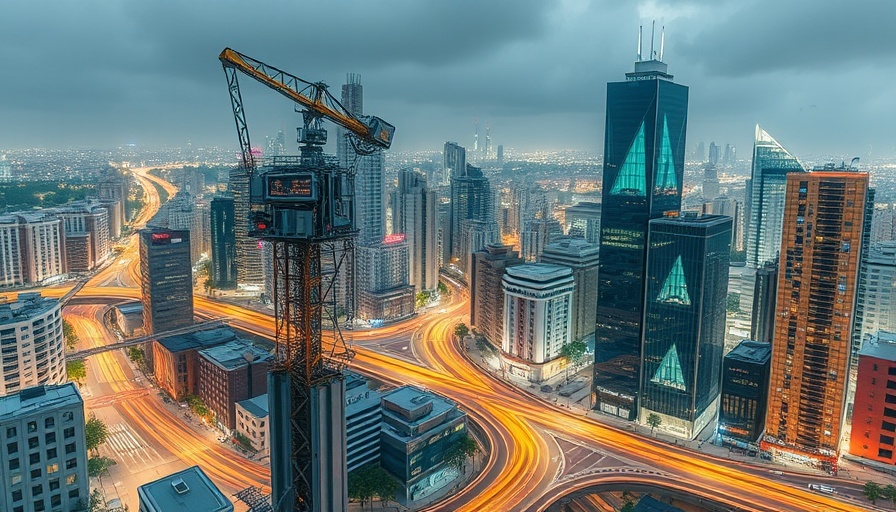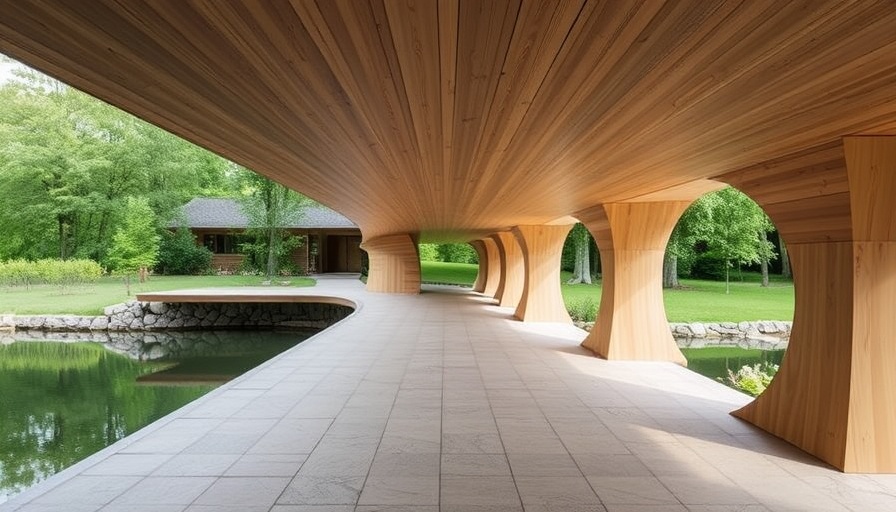
Inspiration Behind Ned's Club: A Blend of History and Comfort
Ned's Club in Washington, DC, reimagines the classic members' club experience by drawing from various White House design eras. This fusion of styles not only reflects a rich historical narrative but also addresses the modern needs of digital nomads who prioritize comfortable and efficient remote workspaces. Inspired by the lavish settings of historic residences, the club employs ergonomic design principles that enhance productivity and foster wellbeing. This approach resonates particularly with remote workers seeking environments that diminish fatigue and amplify creativity.
Creating a Productive Workspace: Ergonomics in Design
As remote work increasingly becomes the norm, the importance of optimizing workflow through ergonomic considerations cannot be overstated. Ned's Club offers workspaces where furniture and layouts are intentionally designed to promote comfort — from adjustable chairs to spacious desks. These elements not only prevent discomfort but also encourage a productive atmosphere where digital nomads can thrive. Research indicates that well-designed workspaces can improve focus and efficiency, making a compelling case for businesses and individuals alike to invest in ergonomically sound solutions.
How Historical Aesthetics Enhance Modern Spaces
The evocative design inspired by the White House serves a dual purpose. While it provides a visually stimulating environment, it also integrates the principles of modern ergonomic design. The decision to use elements such as high ceilings, large windows, and well-placed lighting fosters naturally uplifting spaces, comforting to individuals spending extended hours working. This unique blend of aesthetics and functionality can help reduce stress and burnout often associated with remote work.
Addressing the Needs of Digital Nomads
Understanding the unique lifestyle of digital nomads is vital when designing workspaces. These professionals often work from various locations and need environments that enable both focus and flow. Ned's Club recognizes this need, incorporating communal areas for collaboration alongside quiet zones ideal for concentrated work. This versatility caters to different work styles, reflecting a more adaptable understanding of modern workspace needs. Combining social interaction with solitude allows nomads to feel connected while also valuing their personal focus.
Future Trends in Workspace Design
Looking ahead, the integration of historic design influences with ergonomic principles will likely play a significant role in shaping the future of remote workspaces. As companies strive to create environments that enhance employee satisfaction and productivity, Ned's Club offers a model worth emulating. The rise of hybrid workforces will push businesses to rethink their spaces, making comfort, flexibility, and design key focal points in the creative process.
Maximizing Wellbeing Through Environment
The emotional resonance of a well-designed space extends beyond aesthetics. Digital nomads often grapple with feelings of isolation, which can affect their productivity and mental health. Incorporating community-centric spaces within clubs like Ned's not only combats loneliness but also promotes social connectivity. Intentionally designed lounges and meeting areas encourage informal interactions, ultimately creating vibrant communities that support creative collaboration.
Conclusion: Taking Action for Enhanced Workspaces
As the landscape of work continues to evolve, optimizing our work environments becomes essential. Investing time and resources into creating ergonomic, aesthetically pleasing spaces can significantly impact productivity and overall wellbeing. Ned's Club exemplifies how a thoughtful design approach can yield practical benefits for digital nomads and all who seek a conducive workspace. Prioritize your workspace comfort and efficiency—start implementing ergonomic solutions today!
 Add Row
Add Row  Add
Add 




Write A Comment